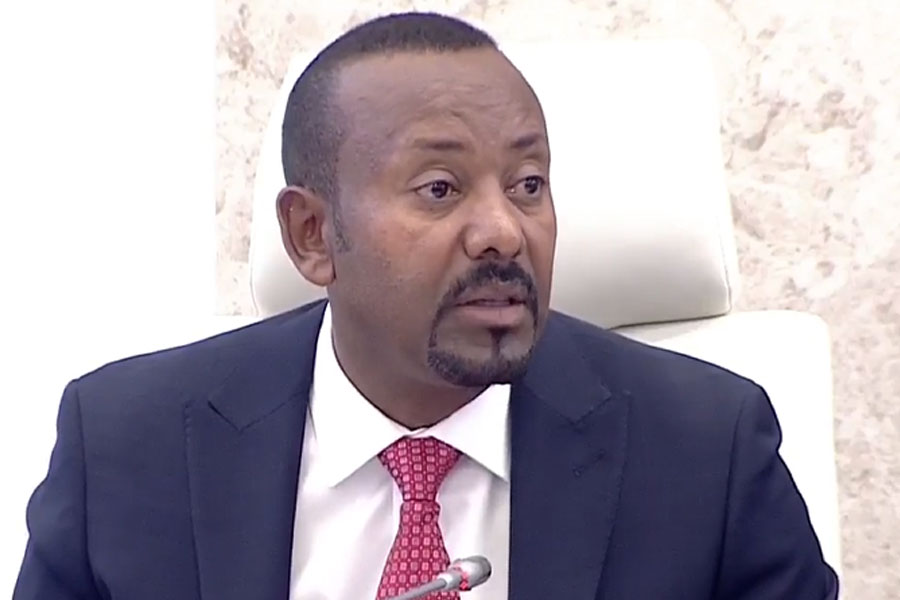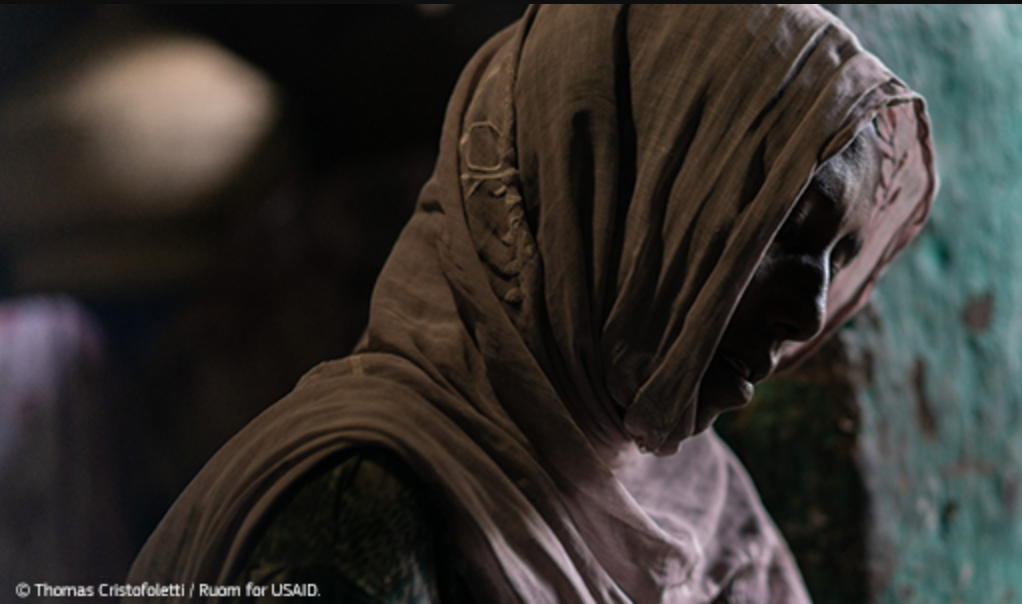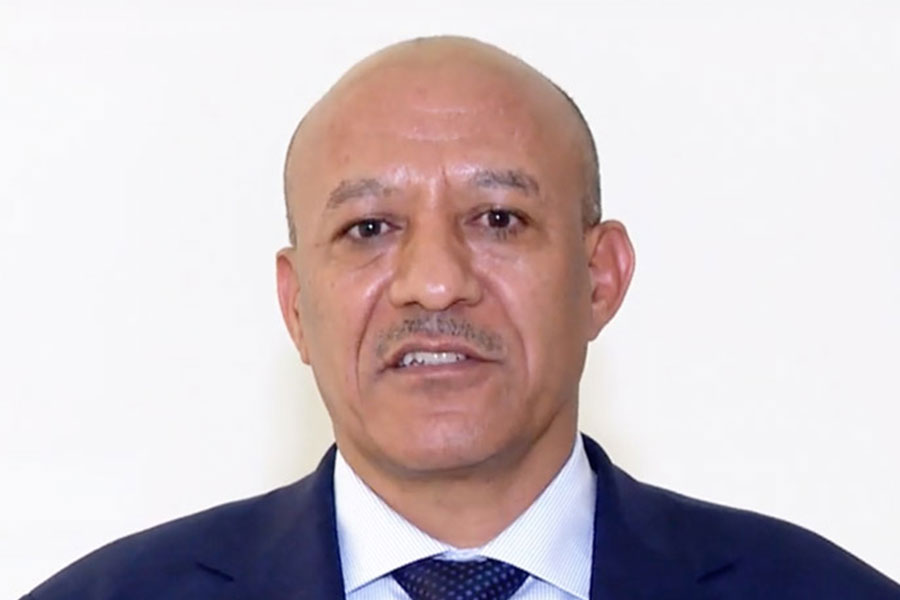
Feb 29 , 2020
By Christian Tesfaye
The events of the past two years have provided us with a rare opportunity to examine our society. This is the time to ask ourselves fundamental questions.
Are we ready for wholesale political liberalisation to the degree that some are suggesting? Institutional capacity aside, do we even have the societal infrastructure to support multiparty democracy?
Recently, I learned a new word - “anocracy.” After the election of Prime Minister Abiy Ahmed (PhD), I had an inkling as to the type of system of government ours was becoming. The political space was suddenly open to a degree not seen since the first few months that followed the overthrow of the monarchy. It was definitely not democracy, and it definitely was not the authoritarianism we had gotten used to in the previous 27 years. But it was something. It was anocracy.
It is not just Ethiopia that is under this form of government. Many countries can be described this way. Russia is an anocracy, as well as Mexico. Take the latter example. Mexico holds what are largely believed to be free elections. Power is decentralised, the media is relatively independent and empowered, and there have been multiple smooth transitions of power.
But Mexico's institutions are also fraught with corruption and the criminal underworld greatly influences lower administrative institutions. Violence is also a problem. During the last general elections in 2018, over 100 candidates and political workers were killed.
Ethiopia’s case is similar, but worse. Opposition parties have been able to engage in the political process, hold rallies (for the most part) and express their views without fear of censorship or punishment (also, for the most part). Few would deny that these are examples of democratic progress.
But there is also a dark side. State resources have continued to be employed for the interests of the incumbents, and the bureaucracy seems to have only changed its political loyalty. Much more worrisome is how violence has been regularised and privatised to the point where it has started to threaten the very existence of the state. The country is essentially at a standstill until at least August 29, when the polls open.
There is irony in all of this. There is reason to believe that the current instabilities are primarily a symptom of the transition to democracy. The process of political and economic institutions opening up and finally becoming inclusive has negatively impacted stability. What we have on our hands is the change of a system into something better, but that change in and of itself risks the existence of the Ethiopian state.
Is this risk worth it?
In fiction, yes. It would make for a great piece of literature to have an oppressed and disenfranchised populace fight to the bitter end to earn their freedom.
In reality, no. Change has to be incremental and the violent overthrow of a system we do not agree with should only be a choice of last resort. Whenever some individual or group comes out justifying the shedding of blood for the forceful removal of the socio-economic and political status quo, we immediately have to question their motives. There have only been a few occasions in history where such bloody revolutions were justified means to an end, if ever.
Regrettably, we have to acknowledge that the upcoming election will not be entirely free and fair. This will because the incumbent keeps returning to its old-habits and factions of the opposition are willing to promote their own political agenda even at the expense of national unity.
But the upcoming election can be the most free and most fair elections Ethiopia has ever witnessed, and that is an acceptable level of risk for us to take. We are not going to have perfect democracy by September. We may not have it for the next five or 10 years either. In trying to speed this up, we might actually be causing further instability given that we do not have the social and political infrastructure to process such change.
It would be like trying to run an advanced computer programme on a hard disk that does not have the capacity to process it.
But we should be able to make progress, and, given where we started from, this should not in and of itself cause instability. An evolution - increased participation of the opposition, bolder democratic institutions and strengthening of the private media - is the more reasonable aim. A revolution - a complete unraveling of the socio-economic and political status quo - will doom us all.
PUBLISHED ON
Feb 29,2020 [ VOL
20 , NO
1035]


Radar | Jul 27,2019

Verbatim | Oct 08,2022

Fortune News | Jun 10,2021

Radar | Dec 10,2022

Verbatim | Jun 08,2024

Radar | Apr 30,2024

Radar | Sep 14,2019

Radar | Oct 03,2020

Commentaries | Feb 17,2024

Verbatim | Jun 12,2021

Photo Gallery | 177865 Views | May 06,2019

Photo Gallery | 168077 Views | Apr 26,2019

Photo Gallery | 158793 Views | Oct 06,2021

My Opinion | 137017 Views | Aug 14,2021
Commentaries | Oct 25,2025

Dec 22 , 2024 . By TIZITA SHEWAFERAW
Charged with transforming colossal state-owned enterprises into modern and competitiv...

Aug 18 , 2024 . By AKSAH ITALO
Although predictable Yonas Zerihun's job in the ride-hailing service is not immune to...

Jul 28 , 2024 . By TIZITA SHEWAFERAW
Unhabitual, perhaps too many, Samuel Gebreyohannes, 38, used to occasionally enjoy a couple of beers at breakfast. However, he recently swit...

Jul 13 , 2024 . By AKSAH ITALO
Investors who rely on tractors, trucks, and field vehicles for commuting, transporting commodities, and f...

Oct 25 , 2025
The regulatory machinery is on overdrive. In only two years, no fewer than 35 new pro...

Oct 18 , 2025
The political establishment, notably the ruling party and its top brass, has become p...

Oct 11 , 2025
Ladislas Farago, a roving Associated Press (AP) correspondent, arrived in Ethiopia in...

Oct 4 , 2025
Eyob Tekalegn (PhD) had been in the Governor's chair for only weeks when, on Septembe...

Oct 25 , 2025 . By YITBAREK GETACHEW
Officials of the Addis Abeba's Education Bureau have embarked on an ambitious experim...

Oct 26 , 2025 . By YITBAREK GETACHEW
The federal government is making a landmark shift in its investment incentive regime...

Oct 27 , 2025
The National Bank of Ethiopia (NBE) is preparing to issue a directive that will funda...

Oct 26 , 2025 . By SURAFEL MULUGETA
A community of booksellers shadowing the Ethiopian National Theatre has been jolted b...